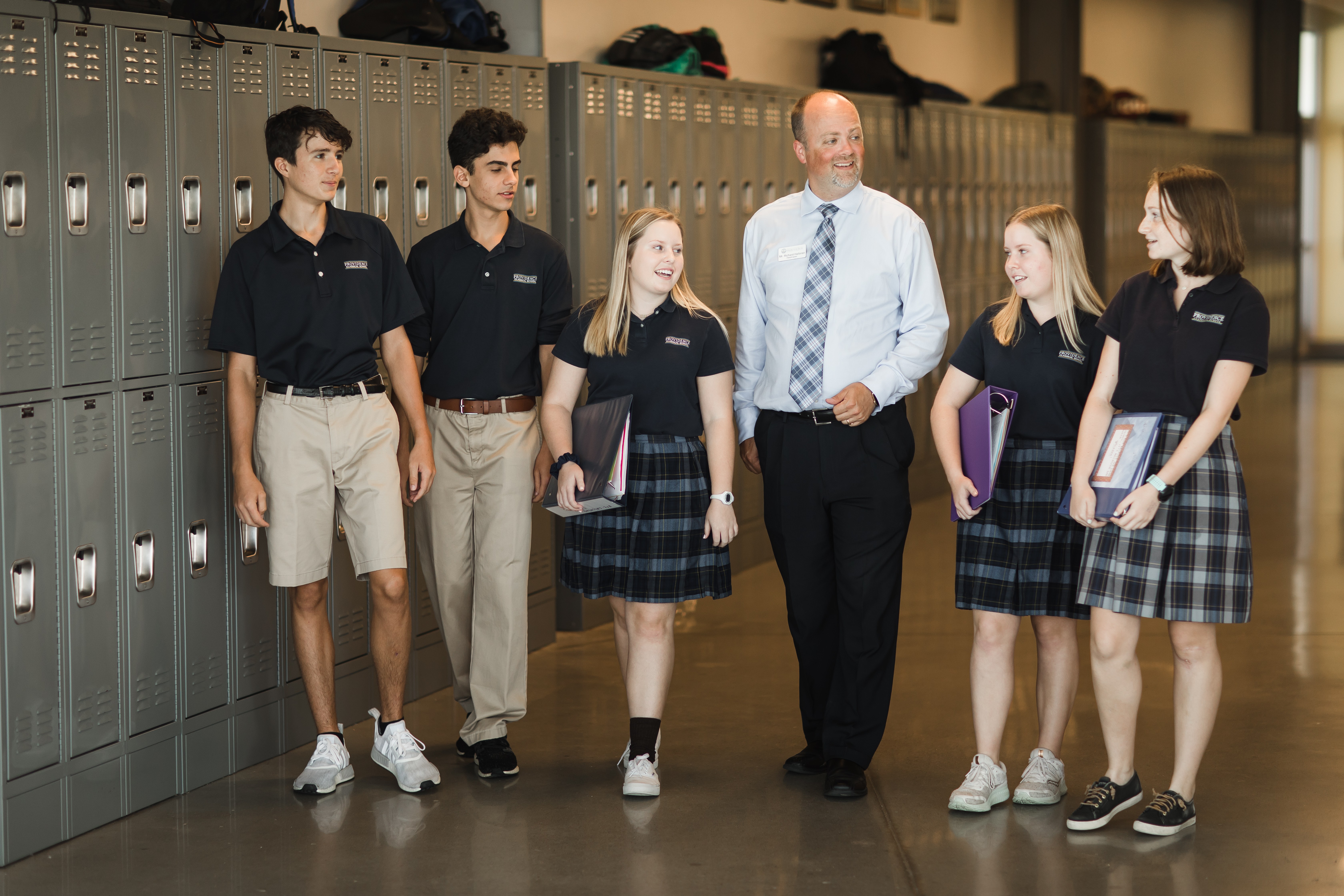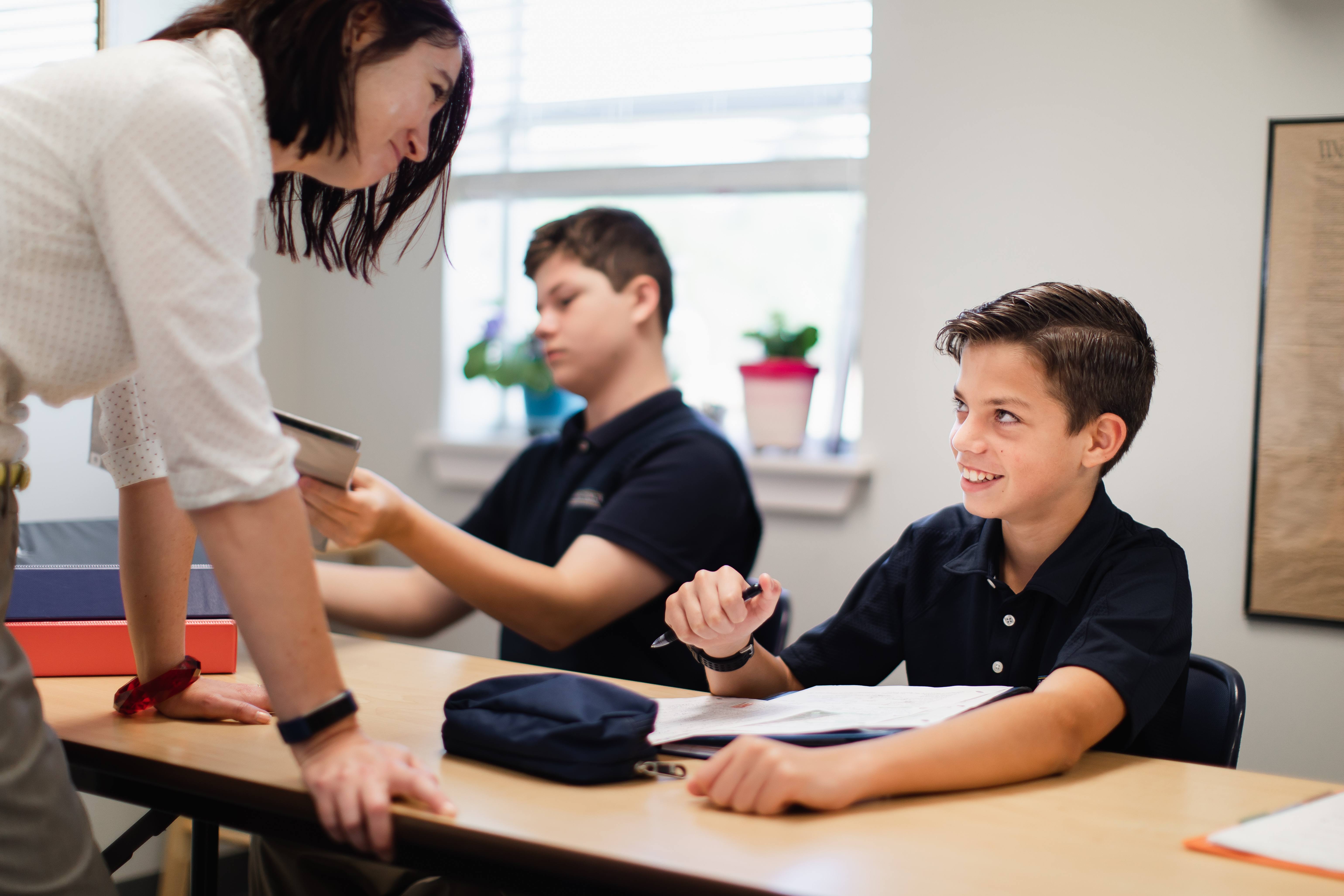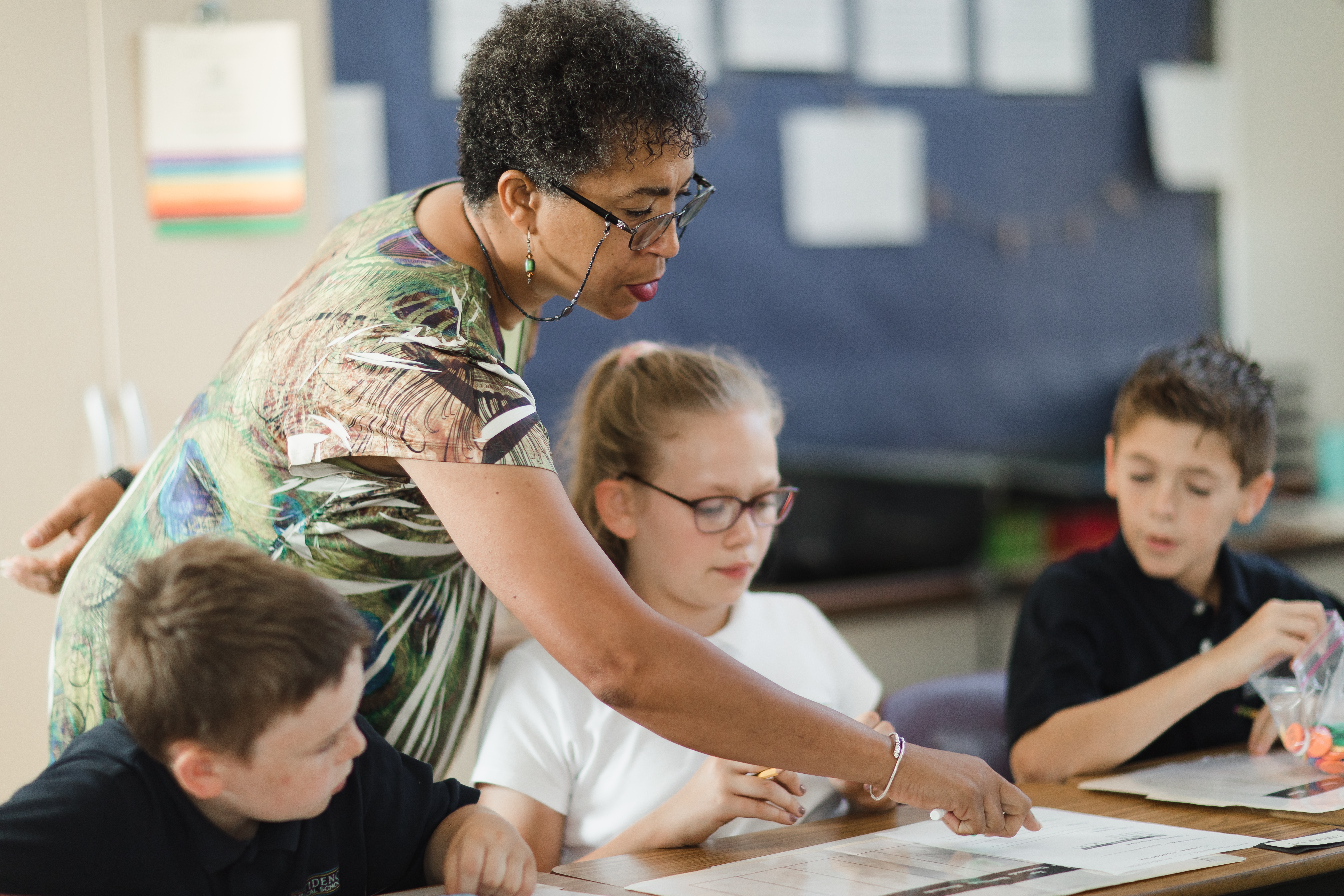Serving in the Place of Parents
by Vinodh Gunasekera
My mother had a few proverbs she learned from her mother that are etched in my mind to this day. When I make a purchase, my mother’s adage “cheap things have a hole in them” often reverberates in my head. The hymns my father used to sing while traveling in our car many years ago still resound in my mind and continue to shape my heart with poignance and blessing. I sometimes wonder how much my present state of mind is related to such formative influences of my parents. Whether recognized or not, I think that the power of parental influence is only second to our inner longing for God. Writing about his father in his song, “I Thought I Saw,” songwriter Jim Croegaert says, “sometimes I hear a song I think I’ve heard before.” The idea of familiarity that this songwriter highlights, speaks to the depth of the impact parents have on their children.
In ancient Israel, the ceremonial laws, the commandments, the traditions, and the culture were typically transmitted orally within the family unit. Deuteronomy 6:6 provides us with a window into this pattern of education in the Old Testament: “Take to heart these words that I give you today. Repeat them to your children. Talk to them when you’re at home or away when you lie down or get up.” The first nine chapters of the book of Proverbs contain the recurrent phrase “my son,” and were most likely a parent’s instructions to his child. In the New Testament, in Ephesians 6:4, fathers are instructed to bring up children in the discipline and instruction of the Lord. The God-ordained responsibility of education rests squarely on the shoulders of parents.
But due to a variety of reasons, most parents in societies around the world delegate this responsibility to a school that they hope would hold that trust responsibly. Along with many other classical Christian schools, Providence Classical School believes that the school stands in the place of parents with respect to our responsibility to our students. The statement of faith of the Association of Christian Classical Schools, our accrediting body, puts it this way: “The authority granted to fathers and mothers in Scripture is passed to the school in loco parentis [in the place of parents]. This means that, for the development of paideia [education or upbringing] of students while at school, the school operates with the same authority that fathers have in the raising of children.” At PCS, we believe that our school relationships are triangular, involving teachers, students, and parents. What should such a relationship between educators, parents, and students look like? Here are three touchstones to bear in mind.
Endearment
The Apostle Paul provides us with an example of endearment in 1 Thessalonians 2:8. “Having so fond an affection for you, we were well-pleased to impart to you not only the gospel of God but also our own lives because you had become very dear to us.” Parker Palmer, in his excellent work, To Know as We Are Known: Education as a Spiritual Journey, tells us that students learn as much from the “hidden curriculum” of institutional patterns and the behavior of the instructor as much as from the formal curriculum of concepts and facts. Palmer writes, “in the conventional classroom the focus of study is always outward—on nature, on history, on someone else’s vision of reality. The reality inside the classroom, inside the teacher and the students, is regarded as irrelevant; It is not recognized that we are part of nature and of history; that we have feelings and visions of our own… and knowing becomes a kind of spectator sport… This means that virtues like compassion, the capacity to ‘feel with’ another are ‘educated away’ and in their place arises clinical detachment.” Jean Vanier, the founder of the L’Arche communities has written, “I discovered that to love people is not, first of all, to do things for them but to reveal something to them. It is to reveal that they have a value, and that they are beautiful and precious, that there is meaning in their lives.” For classical Christian educators who strive to accomplish in loco parentis, it is important to foster that sort of Christlike endearment in school.
Endearment should not be limited to the student. As PCS strives to do, if the school is to sustain a triangular relationship with parents and students, endearment must spill over to parents. Although the school adheres to federal and state regulations for education, in classical education, the school serves under the purview of the parent. Endearment grows as educators, parents, and students grow together in time and circumstance for training children in the way they should go. Endearment grows as a result of good communication.
Expression
Communication is critical to in loco parentis. At PCS, all significant conversations with students are communicated to parents. Most often, this communication occurs via email, but sometimes a phone call or an in-person conversation is needed. Discipline conversations should not be the only form of communication that parents receive from teachers and administrators. Regular communication about academic performance, good behavior and practice, and activities of the school are imperative to in loco parentis.
Parents are often unaware of the content of the subjects their children are learning. Both in our Grammar School and in our Upper School, PCS has implemented various practices to help parents communicate with their children. For instance, in our Upper School, PCS provides house points to parents who read a book that their children are assigned to read in one of their classes. The House System at PCS has been established to pass on philosophy, identity, discipline and tradtion. Reading the books that their child is reading provides an incentive for parents to express care for their child. It also provides a means of dialog with children in a world where such conversation is quickly disappearing.
Our communication should adhere to the principles of the Trivium. Attention to the grammar, logic, and rhetoric of our expression will serve both parents and educators well. Listening and understanding the circumstances of students are important for good communication. The view that classical educators have of the lives of students is like looking through a window that shows only a piece of the sky. Only God understands the vast and complex tapestry of student experience and circumstance. Therefore, educators should study well the piece of the sky that they can see, so that they can be effective in standing “in the place of parents.” In the same way, parents should carefully listen to those who stand in their stead for over half of their children’s waking hours. In James 1:19 the Scriptures tell us that we should be slow to speak and quick to listen .
Engagement
Engagement is the sine qua non (without which not) of in loco parentis, and effective engagement is accomplished through good communication. Providence Classical School is a living testament of the kind of engagement with parents that Christopher A. Perrin describes in his work, An Introduction to Classical Christian Education: A Guide for Parents:
On any given night, parents are encouraging children as they do homework. They are checking homework, reading notes from a teacher, writing or calling teachers, helping students stay organized and ready for what lies ahead. Beyond this, they are reading to their children, praying with them, instructing them in a myriad of ways, around the house and the dinner table, discussing and exhorting them regarding peer relationships, school work, homework, chores, and play. They are parenting. The school helps them parent but does not become the parent. Parents come to campus and into classes as they wish; they assist in classes, substitute, come on field trips, help serve lunch, coach a team. Many teachers are parents with their own children in the school; board members are parents, administrators are parents. Parenting and education in such a school, are not easily distinguished.
Classical educators should also bear in mind the limits of in loco parentis obligation. Educators should not usurp the biblical responsibility of the parent. Once clear communication about a student is made to parents, the student should be left in the hands of their parents. Tom Garfield, in his ACCS conference talk on “In Loco Parentis,” sums it up well. He says, “We have an honorable but dangerous place in which parents place us as in loco parentis. It is ‘in the place of parents, not ‘in place of parents.’ Rightly understood and practiced, it is a ‘place of honor’ because children are individual gifts from God; each one is unique and greatly loved. We [educators] are appointed for a time to exercise delegated authority by showing our love for these apples of their parents’ eyes. Don’t forfeit that honor by reaching for what is not yours.”
Providence Classical School educators and administrators seek to be true to our students as we navigate in loco parentis, coram Deo; standing “in the place of parents” “before the very face of God” to whom we will all give an account one day about how we handled the delegated authority of caring for His children.
Listen, my son, to your father’s instruction and do not forsake your mother’s teaching. They will be a garland to grace your head and a chain to adorn your neck.
Proverbs 1:8-9












